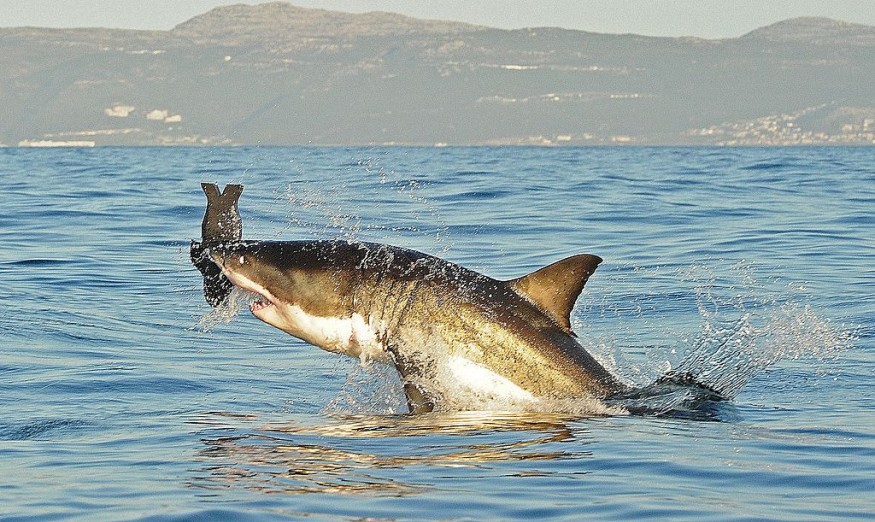Great white sharks, apex predators of the sea, are known for their hunting skills and their majestic size. Many fear these creatures, but researchers stumbled upon a surprising secret social life these animals live.
Around the Guadalupe Islands, Mexico, great white sharks sometimes come to hang out with each other, surprisingly some are far more social than others.
Great White Sharks of the Guadalupe Islands, Mexico

Yannis Papastamatiou a marine scientist from Florida International University, together with a Ph.D. candidate Sarag Luongo, sought to uncover some of the mysteries of the seasonal gathering of great white sharks around Mexico's Guadalupe Island. With a combination of innovative tracking tools, the team found that sharks tend to stick together when out on patrols, like checking out the local seal colonies. With some sharks seen together for more than an hour.
Papastamatiou, lead author of the study explains that most associations were short, however, the team found that there were great white sharks that had significantly longer associations, which are most likely social associations. Adding that 70 minutes is a long time to be swimming with another white shark, reports PhysOrg.
Brimming with seals and tuna, Guadalupe Islands is a hotspot for white sharks. However, unlike other places where great whites spend their time, such as Australia and South Africa, where waters are murkier and sharks have to leap out of the waters to launch attacks and ambush their prey. The waters of the Guadalupe Islands are impeccably blue and clear. Prey is easily seen by the sharks. Likewise, prey has an easier time spotting predators. This is why researchers wanted to observe if shoes were adjusting their hunting strategies to compensate for the environmental difference.
Normally, tracking devices are used to study such cryptic animals. However, according to DailyMail, for this study, researchers knew they needed bigger and better tags. Hence, the team combined various commercially available technology into a "super social tag" that can collect data up to five days before it pops off of the great white shark's dorsal fin and float back to the surface. Equipped with a video camera and a wide array of sensors that track depth, acceleration, direction, and how rapidly sharks turned while swimming. Furthermore, the tags could detect other tagged sharks in the vicinity.
The Surprising Social Lives of Great White Sharks
Researchers tagged six great white sharks - three females and three males - across a four-year period. Data published in the journal Biology Letters, titled "Social dynamics and individual hunting tactics of white sharks revealed by biologging" reveals that for the most part, sharks preferred to stay in groups with members of the same sex.
One of the sharks that kept its tag only for 30 hours had one of the highest numbers of associations - 12 sharks. However, another shark that kept its tag for five days was only associated with two other great whites.
Sharks also displayed varying hunting tactics. Some were more active in shallower waters, others preferred deeper depths. Some were active during the day, while others at night.
The challenges presented by the hunt was mostly reflected in video footage analyzed that showed prey getting away from the sharks moments after being spotted. Papastamatiou points out that although unsuccessful hunting isn't unique to great white sharks it may explain the importance of forming social associations.
Check out more news and information on Oceans in Science Times.
© 2026 ScienceTimes.com All rights reserved. Do not reproduce without permission. The window to the world of Science Times.












